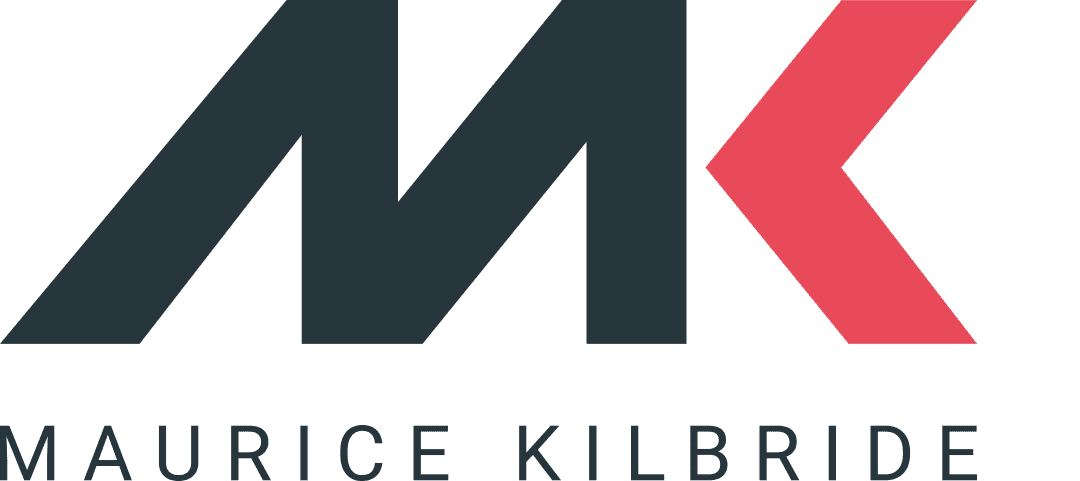Protecting yourself and your family from scammers
We hope you and your family had a lovely Christmas, as different as it may have been this year. It already seems like a distant memory! Now, as we head into 2021, at Maurice Kilbride we want to help ensure that you have a safe and secure start to your year. There has been a significant rise in 2020 of scammers seeking to defraud us from our hard-earned money, and it’s particularly painful when the year was so incredibly tough. Like us, you may have had emails and calls you are not sure of, you may even have had second thoughts about clicking on a link. We have put together a list of some of the scams that our friends, family and we have been subjected too! Which we would like to share with you in the hope it might just help start 2021 in a far better way, than 2020 has ended.
Police phone calls
What if you received a call from a police officer informing you that there had been unauthorised use of your bank card? As much as you will want to believe that the ‘officer’ is doing is job and helping you, think again. Typically, the call will begin with the caller saying they are ‘a Sergeant XXXX from a Manchester-based police station’ they will then proceed to tell you not to tell anyone about the call as you may hinder the investigation.
According to the police, this call is linked to courier fraud where you are encouraged to give your bank details, which the fraudster will use to withdraw money from your bank account. They tend to target elderly or vulnerable people, so please let anyone you know who could be a victim that the police would NEVER ask for your bank details or ask you to withdraw money.
DVLA unpaid tax
The DVLA have recently announced that they have seen scammers becoming more persistent with fake DVLA emails ‘designed to trick motorists’. These emails will look genuine, complete with the correct logos and even hyperlinks but sadly these, again, are designed to take your money. In the first email you will be informed that your “Direct Debit payment of £17.06 has been returned”.
It will then go on to say that your vehicle therefore “is not taxed” as payment couldn’t be collected. The second message will ask you to update your profile because “irregularities” were found and to click the update button and complete the form. Phil Morgan, Head of Fraud Policy Investigation at the DVLA warned; “These more recent scams may at first seem legitimate, however, they are designed to trick motorists into providing their personal details. We never ask for bank or credit card details via text message or email, so if you receive something like this, it’s a scam.”

Job search training
In 2020, the effects of the pandemic saw thousands of people being furloughed, and sadly others being made redundant. The number of people out of work has soared and the challenge of finding a new job became significantly more difficult. Cruelly, this stressful situation has also been a source income from scammers, who have found a way to trick those innocently desperate to find work.
Not all job adverts are legitimate and Patrick, here at Maurice Kilbride recalled how he read in shock the story of a lady who was trying to find work in the care sector. She saw an advert on a major job site and applied, she then received an email asking her to pay for a DBS check to ensure she had no criminal convictions. Thinking this must be standard practice for this specific company she thought it was all above board, but then they started hassling her for her bank details.
Thankfully she had a niggling feeling that something wasn’t right and, after talking to some trusted friends, realised she was being scammed. “I thought it was so heart breaking that a person who had lost their job and was no doubt in a vulnerable state was being targeted simply for trying to find work again”, said Patrick.

HMRC scams again
An old favourite, the HMRC scams are back again as the self-assessment annual tax return deadline on 31 January 2021 is approaching. The HMRC reported in November that within the last 12 months they had received 846,000 referrals of suspicious HMRC contact from the public. Fraudsters use a variety of contact methods to grab your attention, from calls, to emails and texts.
HMRC’s Interim Director General for Customer Services, Karl Khan, said: “We know that criminals take advantage of the self-assessment deadline to panic customers into sharing their personal or financial details and even paying bogus ‘tax due’. If someone calls, emails or texts claiming to be from HMRC, offering financial help or asking for money, it might be a scam. Please take a moment to think before parting with any private information or money.” We think it important to re-iterate that HMRC will never e-mail you asking for money. They will always write to you or telephone you.

A safe and secure 2021
If by highlighting these scams within our own Cheadle community we can protect just one person from falling foul of a fraudster, then this article will have done its job. Together we can help ensure that we all remain vigilant and have a safe and secure 2021.
From the whole team at Maurice Kilbride we would like to wish you a happy and healthy New Year.
Share this article
More Articles
Sign up for our newsletter
Subscribe to receive the latest property market information to your inbox, full of market knowledge and tips for your home.
You may unsubscribe at any time. See our Privacy Policy.

